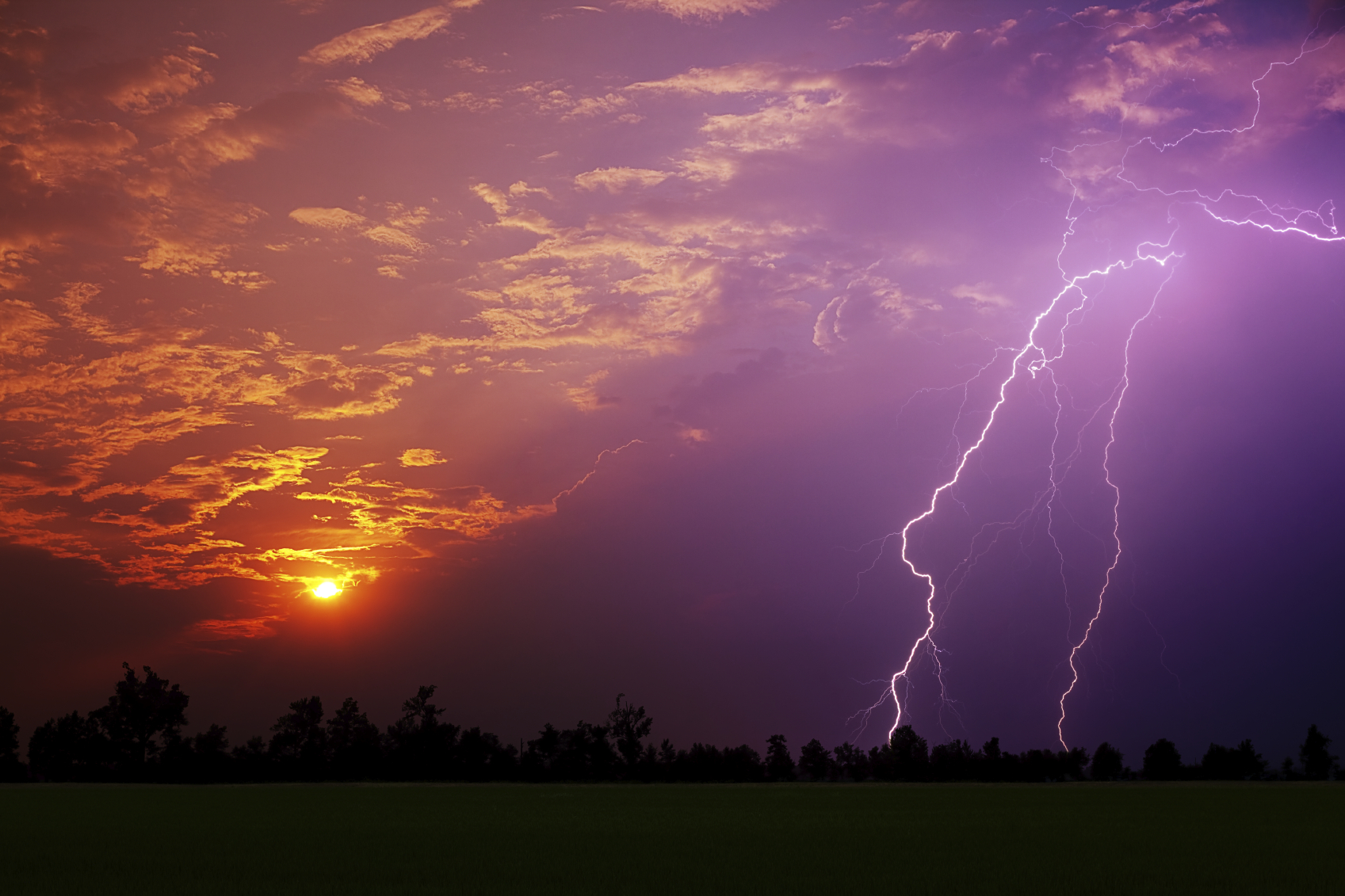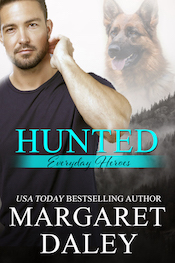
This week I’m hosting Diana Brandmeyer with Hearts on the Road and Cheryl St. John with The Preacher’s Wife. If you want to enter the drawing for the book, please leave a comment on one of the post during the week with your email address. I will not enter you without an email address (my way to contact you if you win). If you don’t want to leave an email address, another way you can enter is to email me at margaretdaley@gmail.com. The drawings end Sunday (June 28st) evening.
Cheryl St. John’s interview
What made you start writing?
I used to read horror, true crime and westerns—primarily those by Louis L’Amour. Through a book club, I discovered gothic mystery-type romance and had my first peek into the possibilities of great storytelling plus a romance. Wow, I was hooked and started reading romances.
Up until then I’d been dabbling at writing, but I‘d never gotten serious. The defining year for me was when my youngest daughter went to first grade. I had been at home raising four children spread out over several years and felt the void of sending the youngest to school all day. Until then I’d been playing at writing, keeping handwritten notebooks and dallying with the stories like a hobby. Then and there I decided I was actually going to do what I’d always dreamed of doing and write an entire book. I started the manuscript in October and finished it during that school year.
I had the time of my life. I had no idea what I was doing, so it had no plot or conflict, but the characters were fun and I enjoyed creating a romance. I even submitted the manuscript to every publisher and agent I could find. Only years later did I understand how embarrassing that was. I did everything you’re not supposed to do. I chose an unmarketable time period, and I even bound my submissions in pretty folders. The story is still in a box where it deserves to be.
How long have you been writing? When did you sell your first book?
As a young girl, I used to write stories, draw covers and make little books.
My first book was RAIN SHADOW, released in 1993.
How do you handle rejections?
It’s a mistaken assumption that an author with thirty books under her belt no longer deals with rejection. I’ve had as many as eight rejections in a year. I firmly believe my sales are a percentage of the number of my submissions. Rejections are frustrating, sometimes hurtful, and occasionally learning tools, but always an accomplishment in themselves.
We all probably know aspiring writers who have never submitted anything. Or who have submitted the same manuscript so many times, there’s nowhere left to send it. And it’s likely you know someone who gave up after one or two rejections. If I had given up any one of the times I considered it, I’d never have published that first book or all that followed. What I asked myself each time, was, “What if it’s the next one, but I give up?”
I don’t take a rejection personally. It’s not me the editors don’t like, it they don’t buy a story. Publishers want manuscripts they know will earn money. That’s the bottom line. This is a business for them, not a passion. Writers have to be business-minded and still write from the heart.
Why do you write?
There are a lot of reasons why I write. For one, I’m not good with regimen or schedules, and the restrictive confinement of a nine-to-five job makes me miserable. What I remember most about school is watching the clock! Of course, I’ve worked real jobs, but I wasn’t a happy camper. Setting my own schedule, being my own boss, is a freedom I appreciate more than I can say. I’m a really good boss, too: “Need a day off? Sure, take two.”
Writing is a creative outlet, and for a person who needs to be creative, it’s like having enough air to breathe. It’s incredibly rewarding to hear from readers who say your book helped them through a tough time in their life or gave them hope. And then there’s the whole working in my jammies thing.
What would you be doing with your free time if you weren’t writing?
I’m an amateur photographer and an avid gardener, so I’d be embellishing my flowerbeds and taking photos. More ways to be creative, of course.
What are you working on right now?
A novella for the Mother’s Day 2010 Love Inspired Historical anthology.
It’s a story of a girl and two women who experience love, acceptance and forgiveness. I’m also putting together a sequel to THE PREACHER’S WIFE.
Do you put yourself into your books/characters?
My life is way too boring to write about, but I think a little of who I am goes into each story. I write romance because I want to share the same sweeping emotions with my readers that have been shared with me by my favorite writers. I want to feel. I want to experience the excitement of falling in love over and over, of facing my fears and winning over seemingly impossible odds.
Tell us about the book you have out right now.
THE PREACHER’S WIFE is a story I’d wanted to write for a long time. I had an idea for a series, but the whole thing didn’t come together for a while. Sometimes I’m inspired, but it takes a year or two or three before I know how to make the story work. This was the case with how Samuel Hart and Josie Randolph came together. Thinking that taking a job as a preacher in Colorado sounds like a challenge he wanted to face, Sam uprooted his wife and three daughters to cross the country with a wagon train. When his wife drowned, Sam not only feels responsible, but helpless as to how he will raise three girls by himself.
Josie Randolph is a young widow, hungry for acceptance, stifled in her current life. Josie has always felt as though she’s on the outside looking in at life and families. When the Harts temporarily stay in her little Nebraska town, she feels a part of something for the first time.
Sam sees how good Josie is with his girls and asks her to marry him and accompany them to Colorado. Josie jumps at the chance to start a new life, but reminds herself not to expect too much. Sam already loved and lost, and she is merely a substitute mother for his children.
The resulting trip and the establishing of a new home is a faith journey for both of them. Sam never expects to learn something from his new wife, and Josie has a lot surprises in store for him.
Do you have any advice for other writers?
Believe in yourself. There will be times when nobody else believes in you, so you must have confidence in your ability to learn and grow and develop your craft to the best of your ability.
Treat your writing time with respect and others will learn to respect it as well.
How important is faith in your books?
Faith is a natural extension of me. It’s who I am. Readers have always expressed appreciation for the values that are a natural part of my characters. I enjoy writing characters who look to God to help them make decisions and face difficult situations.
What themes do you like to write about?
My stories most often have themes of second chances, redemption, hope and forgiveness. I love an underdog story, and I enjoy taking a character out of a familiar setting and placing him somewhere completely foreign. I also like stories of false pretense or masquerade, where a person is pretending to be someone he or she is not. The book I just finished is one of those. The hero pretends to be the heroine’s husband and the father of her child. The two of them are the only ones who know he’s not. It’s a Harlequin Historical scheduled for 2010.
What is your favorite book you’ve written and why?
I have a lot of favorites. I loved RAIN SHADOW because it was my first sale, and I was proud of the accomplishment and happy with the story. HEAVEN CAN WAIT was written first and took a lot longer and underwent more revisions, but will always be special because of the effort and learning curve.
SAINT OR SINNER and JOE’S WIFE have a couple of my all-time favorite heroes, and SWEET ANNIE and HIS SECONDHAND WIFE are two of my favorite heroines. THE DOCTOR’S WIFE and PRAIRIE WIFE are favorites because of the depth of emotion and healing.
What is your writing schedule like?
I most often get up and get my grandson ready for school, unloading the dishwasher while he’s eating, sometimes stopping for groceries on the way back. I check my email, open my file and get to work. I write all day, pausing to fold laundry, make lunch, run an errand. I’ve learned that even when I’m baking or driving, I’m writing. My husband finally believes me when I say I’m working while watching a movie. Writing energy is stored like energy in a flywheel, and when I get to the keyboard, the words fly onto the pages as though propelled by the accumulated power. So those breaks can be considered writing time.
Sometimes I pick him up from school, too, and finish my thoughts when I get home—or I go early and take my Alphasmart along in the car—and once home, I often write until time to fix supper.
I usually spend the evening with my family, watch my favorites shows, like American Idol, Bones and Gray’s Anatomy. Once the family has gone to bed, I either catch up on email or prepare my lesson for the online classes I teach. I tend to be a night owl.
I don’t write on weekends, unless I have a really pressing deadline, because that’s family, yard and church time.



